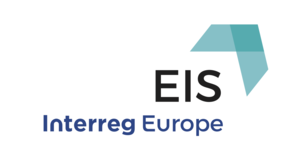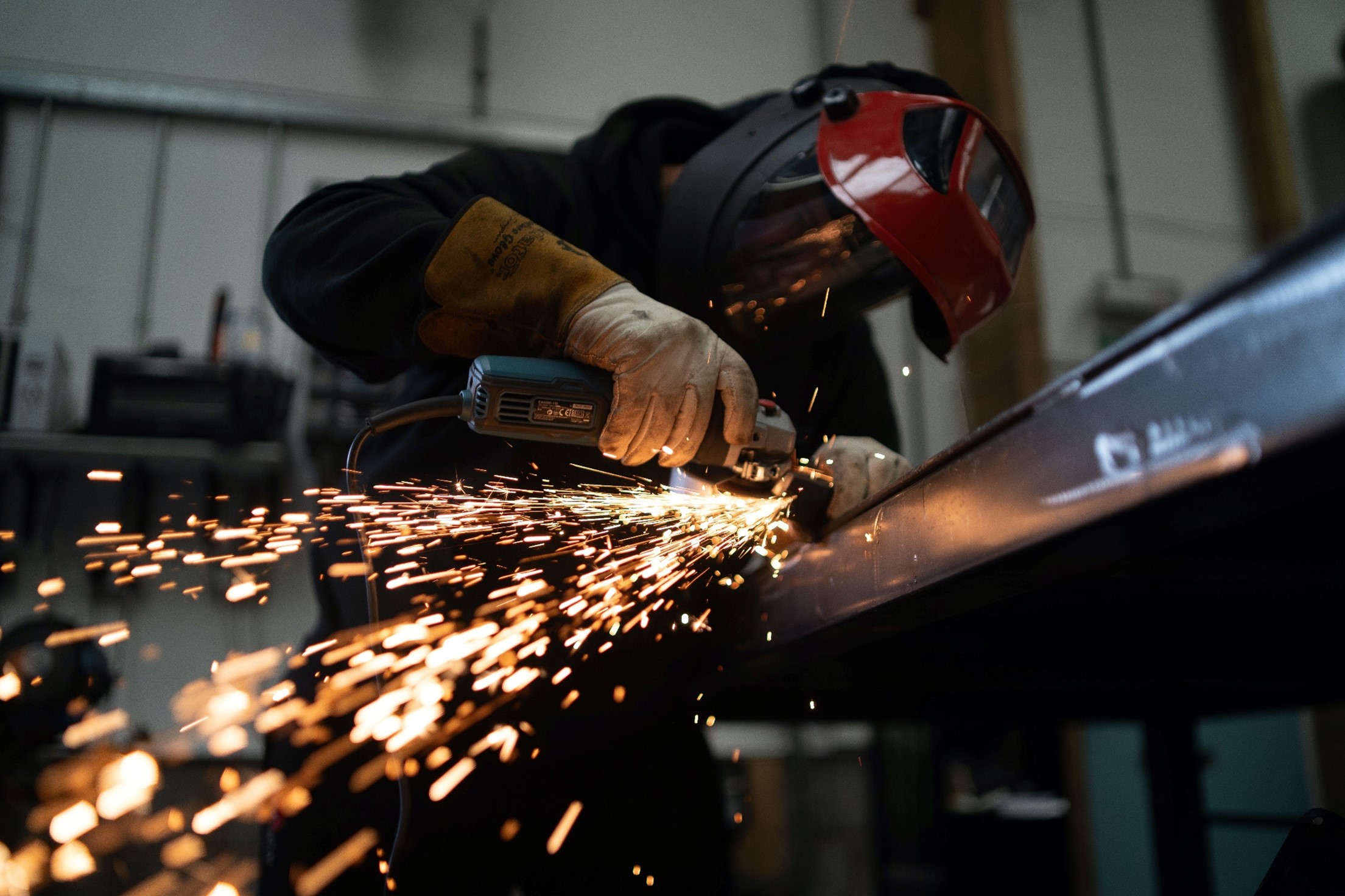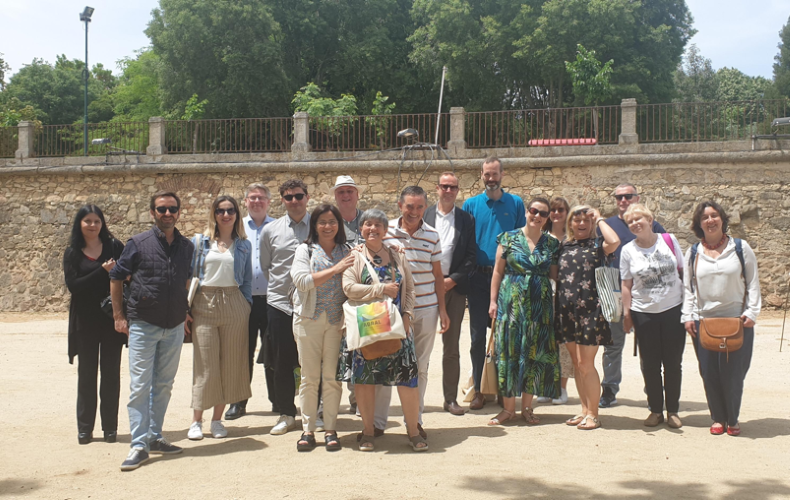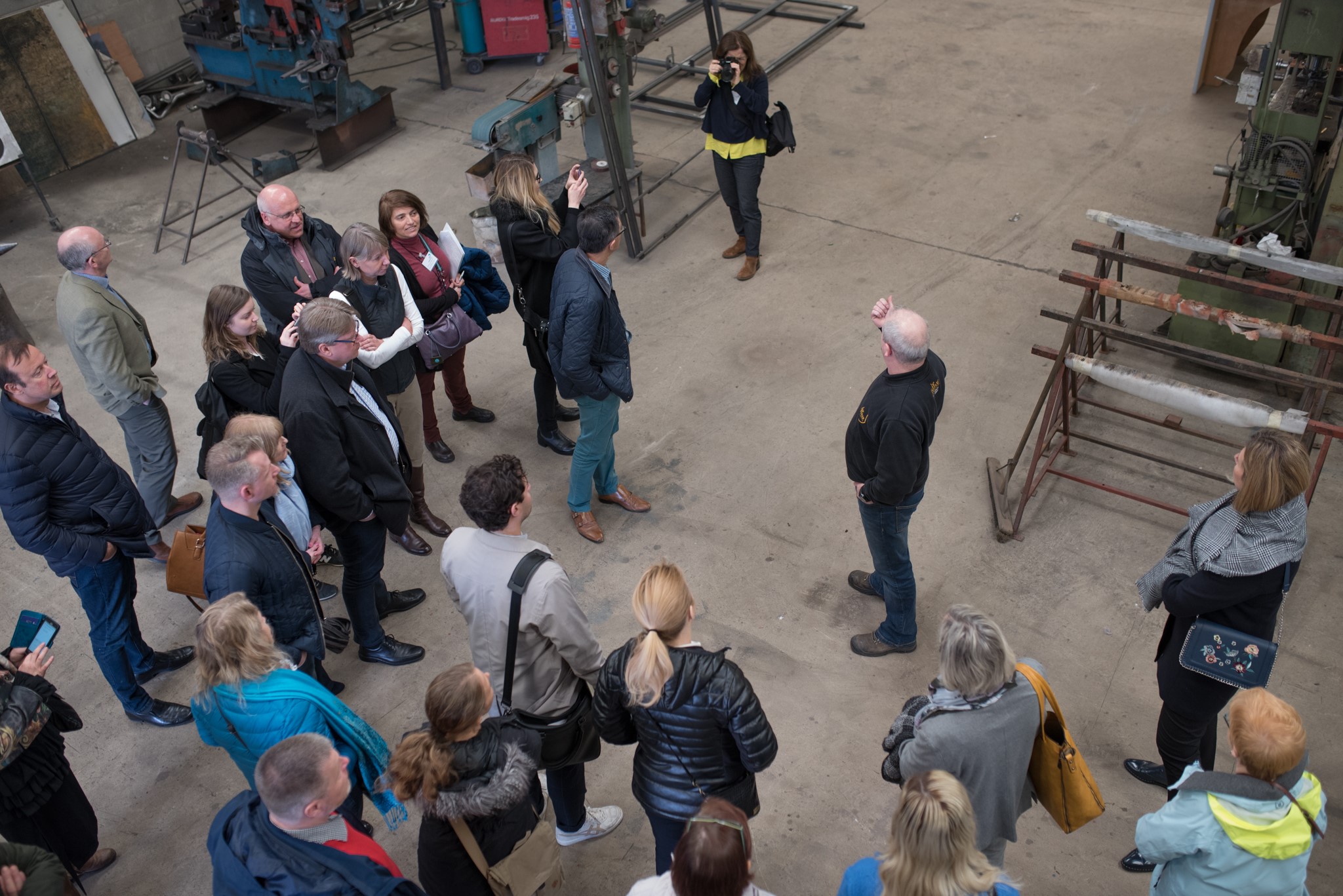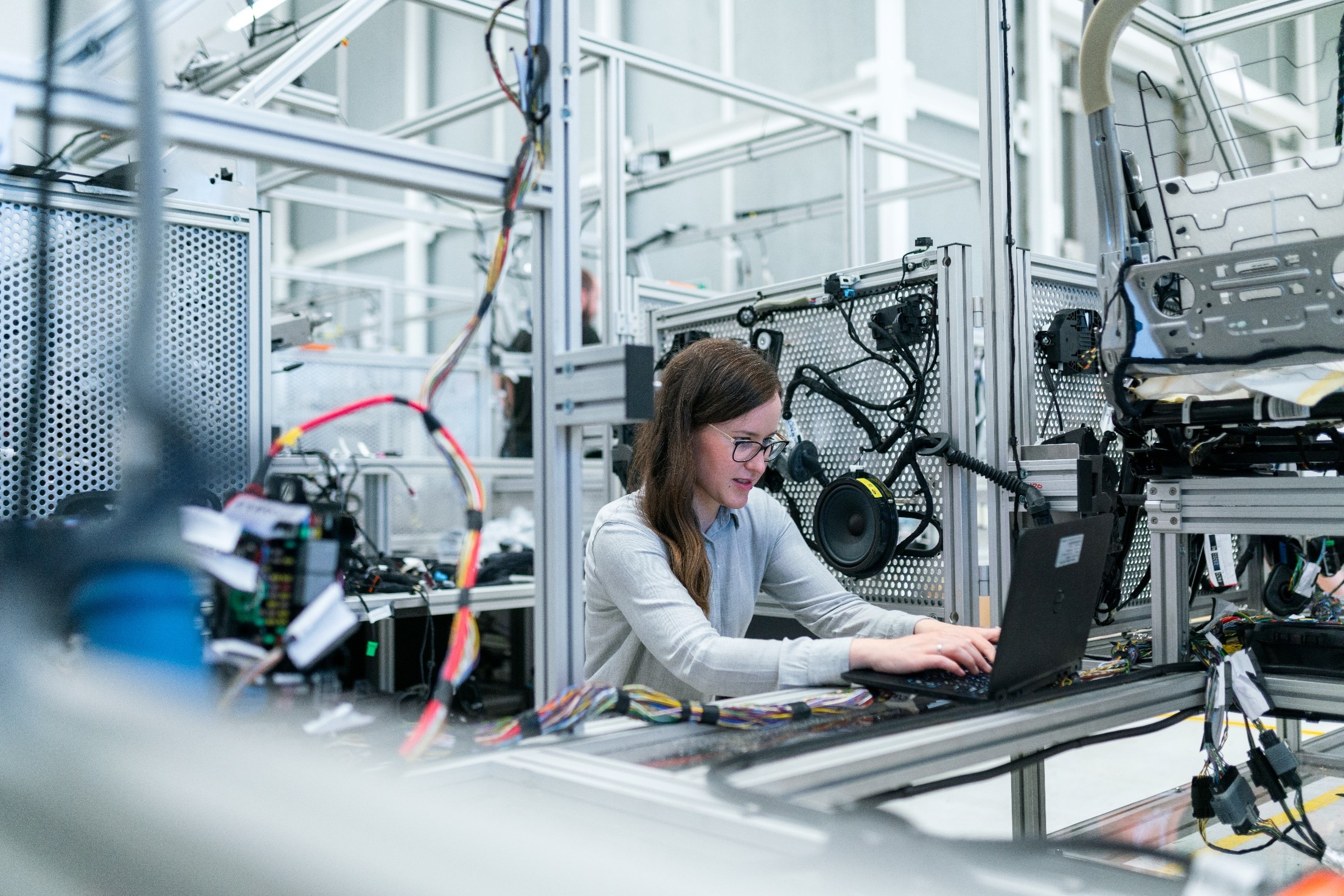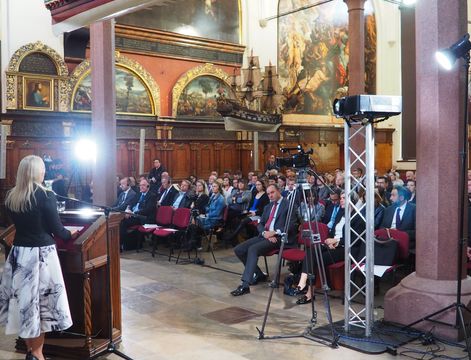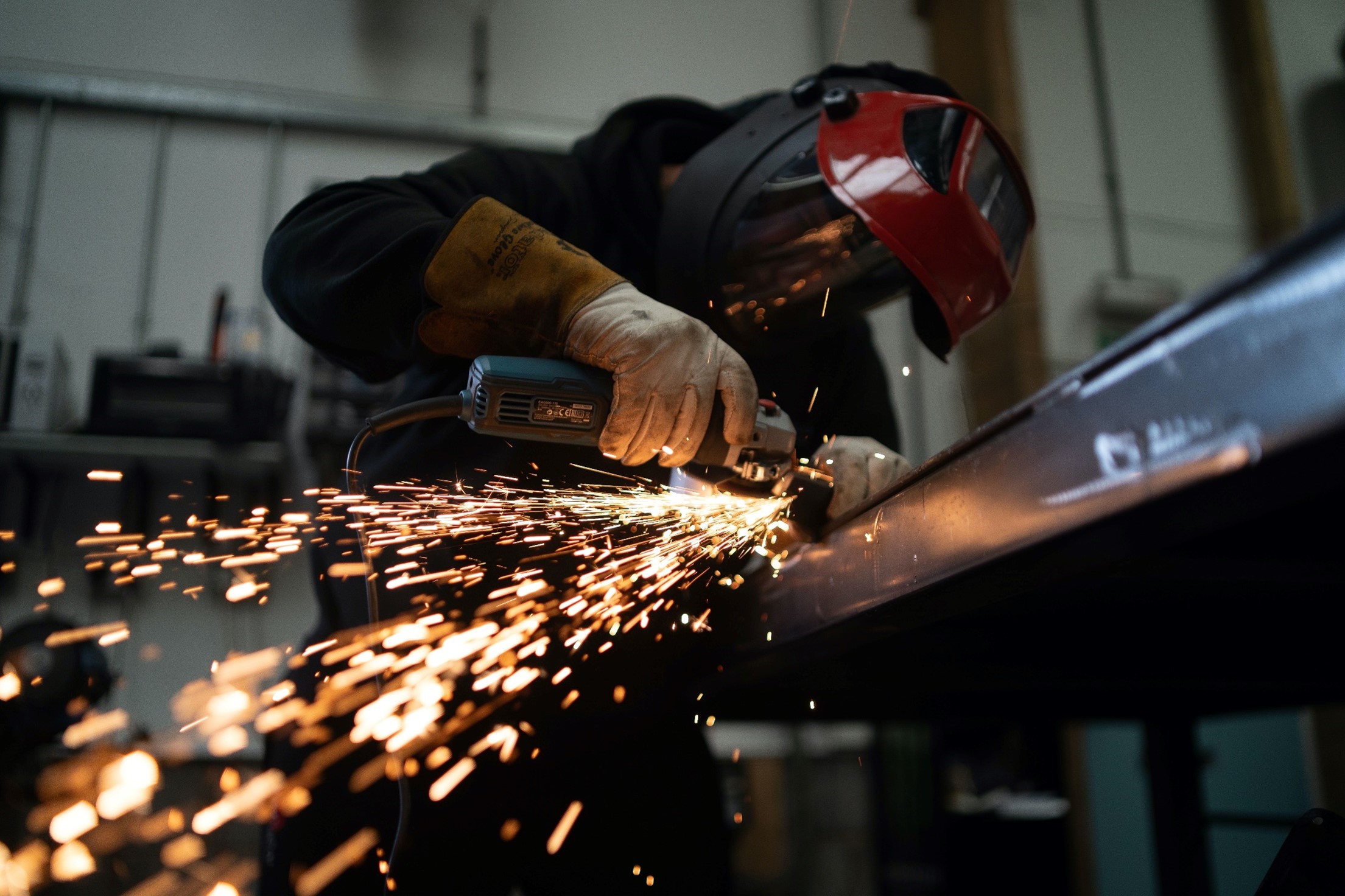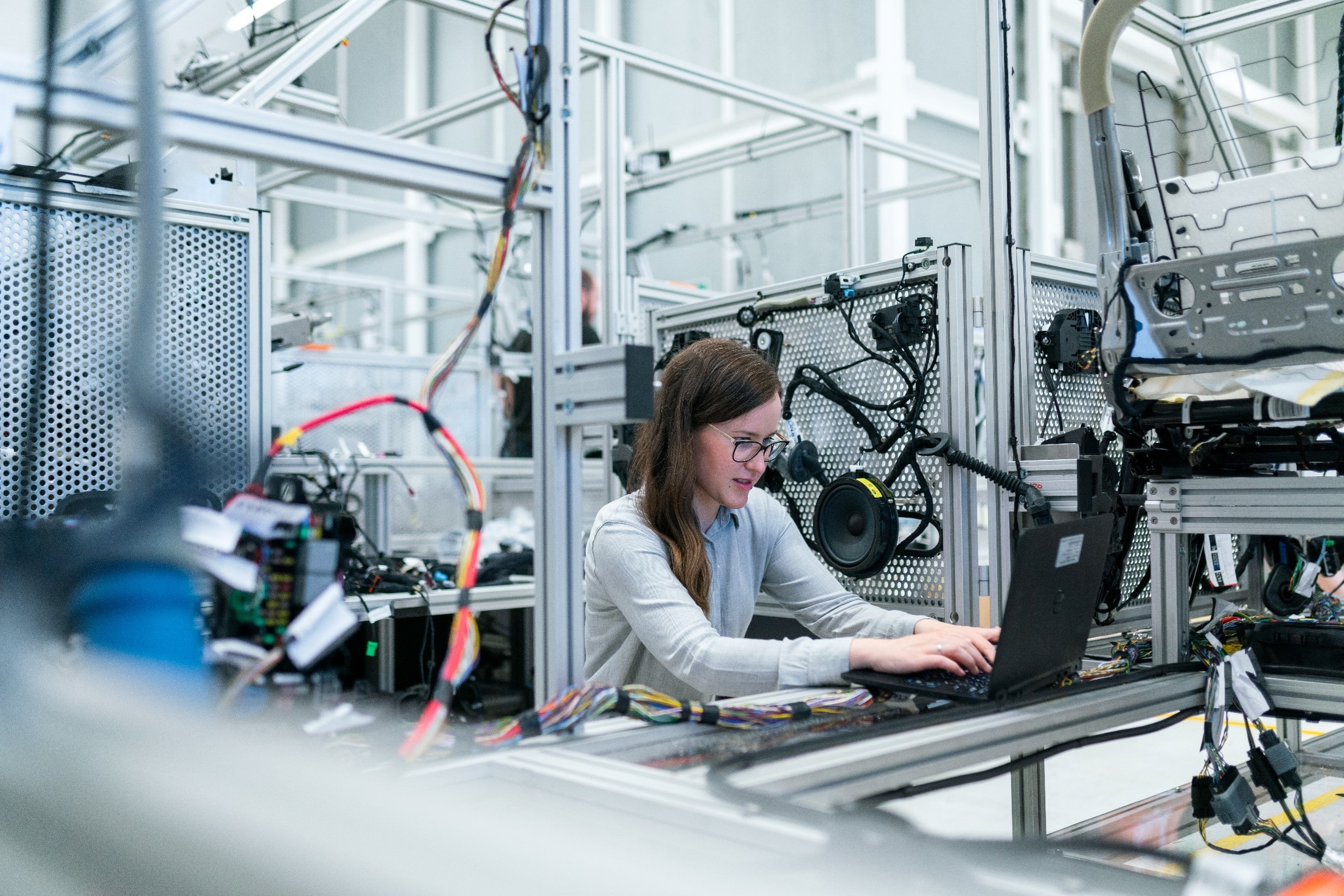 In September, the Third Interregional Learning Workshop of the The Everywhere International SMEs (EIS) project took place in the Polish region of Pomerania. The EIS group gathered for a round of Peer Reviews and Study Visits.
In September, the Third Interregional Learning Workshop of the The Everywhere International SMEs (EIS) project took place in the Polish region of Pomerania. The EIS group gathered for a round of Peer Reviews and Study Visits.
Working actively to improve SME conditions
The group met at the Scandic Hotel in the city of Gdansk, where they were greeted by the partner hosts Marek Chorománski and Katarzyna Mutaszak, and welcomed by Piotr Ciechowicz, the Vice President of Pomerania Development Agency. According to Katarzyna Mutaszak, it is important for the Pomerania region to improve SME internationalisation. As a regional authority, they are working actively to improve SME conditions, and EIS is very complementary to this.
 “It is also important for us to host the meeting here in Pomerania, because it gives us the chance to promote the region and show the EIS partners and stakeholders the great potential here,” says Katarzyna Mutaszak, from the Pomeranian Development Agency.
“It is also important for us to host the meeting here in Pomerania, because it gives us the chance to promote the region and show the EIS partners and stakeholders the great potential here,” says Katarzyna Mutaszak, from the Pomeranian Development Agency.
Straight to work: Peer Review among the partners
After the welcome, it was straight to work. A presentation of the Pomerania Regional Operating Programme and Export Supporting System focused on the key work with stakeholders, the alignment of Pomorskie 2020 strategy with EU2020 priorities and support actions for SMEs. The aim is to be even more coordinated and therefore EIS partners gathered in workshop groups and brainstormed about how the region can improve SME internationalisation actions in the future. Afterwards the Croatian EIS partner Koprivnicki Poduzetnik Ltd. presented an overview of their regional SME internationalisation context. The EIS group Peer Reviewed the situation on a local and broader level, and carried out a SWOT analysis. Opportunities lie in the innovative set of services provided and in the possibility to group them under a coordinated initiative. This could help addressing the weakness of lack of coordination and targets.
For Jelena Rajher, is Senior Advisor in the Croatian Directorate for EU Programmes and Projects, Sector for EU Programmes in Entrepreneurship, and the Unit for Programming, Monitoring and Evaluation Programmes, it is very useful to take part in the EIS meetings, since experiences from other countries are precious to her agency, especially in terms of implementing the measures dealing with internationalisation of SMEs:
 “It is interesting to hear which issues the other countries encounter and what activities they undertake related to internationalisation. Also, we hope that other countries will implement our best practices wherever possible,” says Jelena Rajher.
“It is interesting to hear which issues the other countries encounter and what activities they undertake related to internationalisation. Also, we hope that other countries will implement our best practices wherever possible,” says Jelena Rajher.
The next day began with a third Peer Review, this time with an evaluation of the Lead Partner Hampshire County Council. They presented the Enterprise M3 Growth Hub, which aims to get the SMEs ready for future action on international markets. The EIS group Peer reviewed their efforts with several group discussions followed by a SWOT analysis. Among the strengths for this region is the fact that all six aspects of the EIS methodology are addressed. At the same time the coordination could be improved, something the local stakeholder group can address in the next few months.
On excursion: High-technology robot solutions
 In the Pomerania Science and Technology Park in Gdynia Here, the EIS group met Piotr Orlikowski, co-owner of the TMA Roboty, who gave a tour of his production halls, where high-technology robot solutions are produced.
In the Pomerania Science and Technology Park in Gdynia Here, the EIS group met Piotr Orlikowski, co-owner of the TMA Roboty, who gave a tour of his production halls, where high-technology robot solutions are produced.

The company decided to invest in innovation, improving its technologies.TMA Roboty is at the moment only exporting to Ukraine, and is therefore very interested in the best practices discussed in EIS.
Helps students start companies
The Communication Department of Pomerania Science and Technology Park explained the concrete efforts the Park has in place to help students wanting to start up new companies, such as co-working zones, where young entrepreneurs can help each other.
 The Communication team are there to guide the students and help them avoid the most classic mistakes when starting a new business. Very much in favour of the EIS project, she said: ”It is very important to participate in the EIS project. We live in a big world and cannot focus only on Poland. Instead, we must learn from each other and think outside the box, instead of living in a bubble. It is vital in order to help SMEs grow.”
The Communication team are there to guide the students and help them avoid the most classic mistakes when starting a new business. Very much in favour of the EIS project, she said: ”It is very important to participate in the EIS project. We live in a big world and cannot focus only on Poland. Instead, we must learn from each other and think outside the box, instead of living in a bubble. It is vital in order to help SMEs grow.”
Three succesful days
The next and final day included a wrap up of the Peer Reviews and introductions to Good Practices from the Central Denmark Region and Donegal County. The successful EIS meeting had come to an end, and the partners and stakeholders had to leave Gdansk. Polish partner host Katarzyna Mutaszak was very happy with the last three days:
”We hope the EIS partners leave knowing more about the Pomerania Region and its potential. We have been very glad to welcome the six partner regions and the stakeholders here and hope to do it again.” 
